|
Yong Liu I am a Ph.D. candidate in the National Key Laboratory of Human-Machine Hybrid Augmented Intelligence at Xi'an Jiaotong University, where I am fortunate to be under the supervision of Prof. Fei Wang.
Prior to my Ph.D. studies, I obtained the M.S. and B.S. degrees from the University of Electronic Science and Technology of China, supervised by Prof. Xiaorong Hou. |
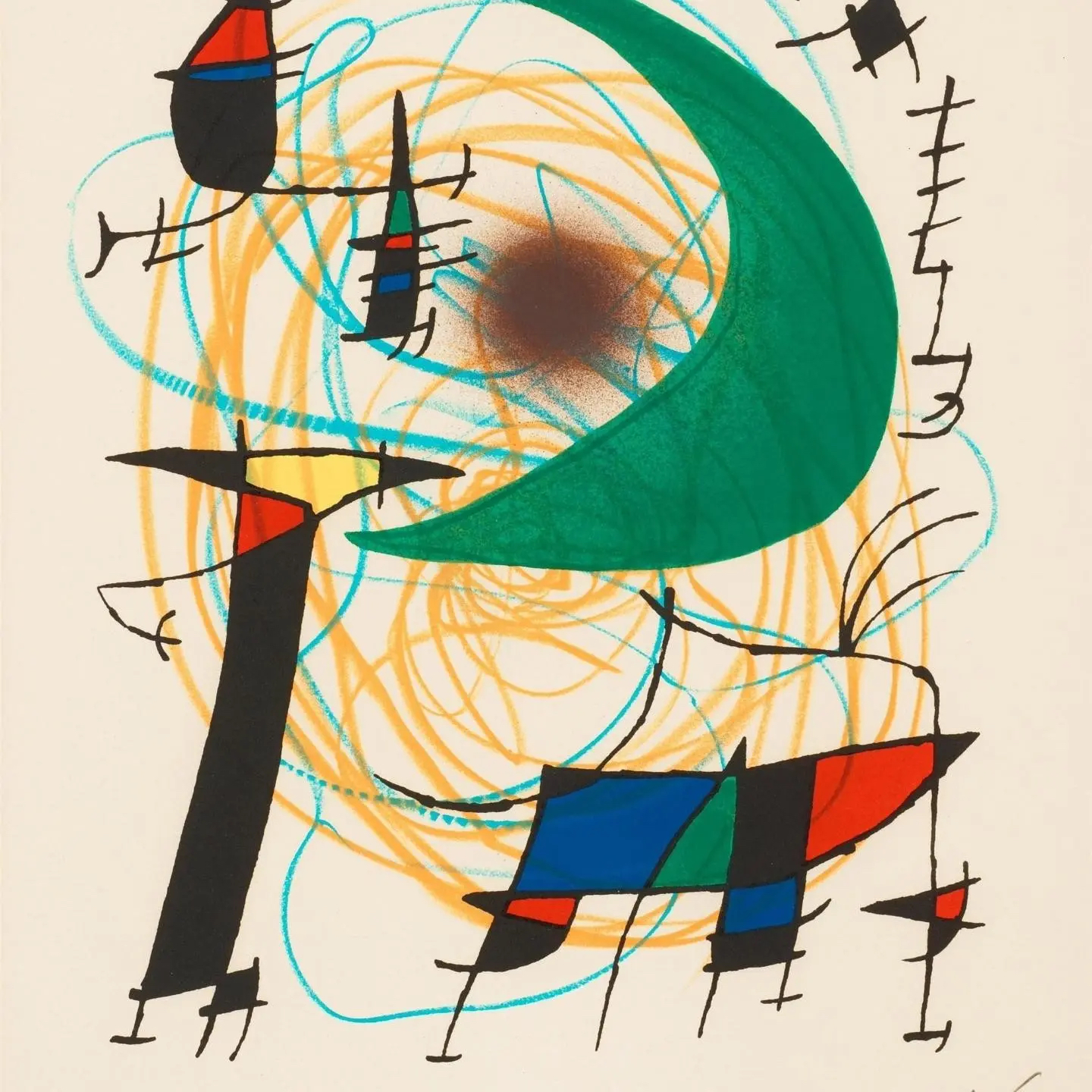
|
ResearchI'm interested in low-level computer vision, deep learning, generative diffusion models, and image processing. Now most of my research is about image/video super-resolution and diffusion models. |
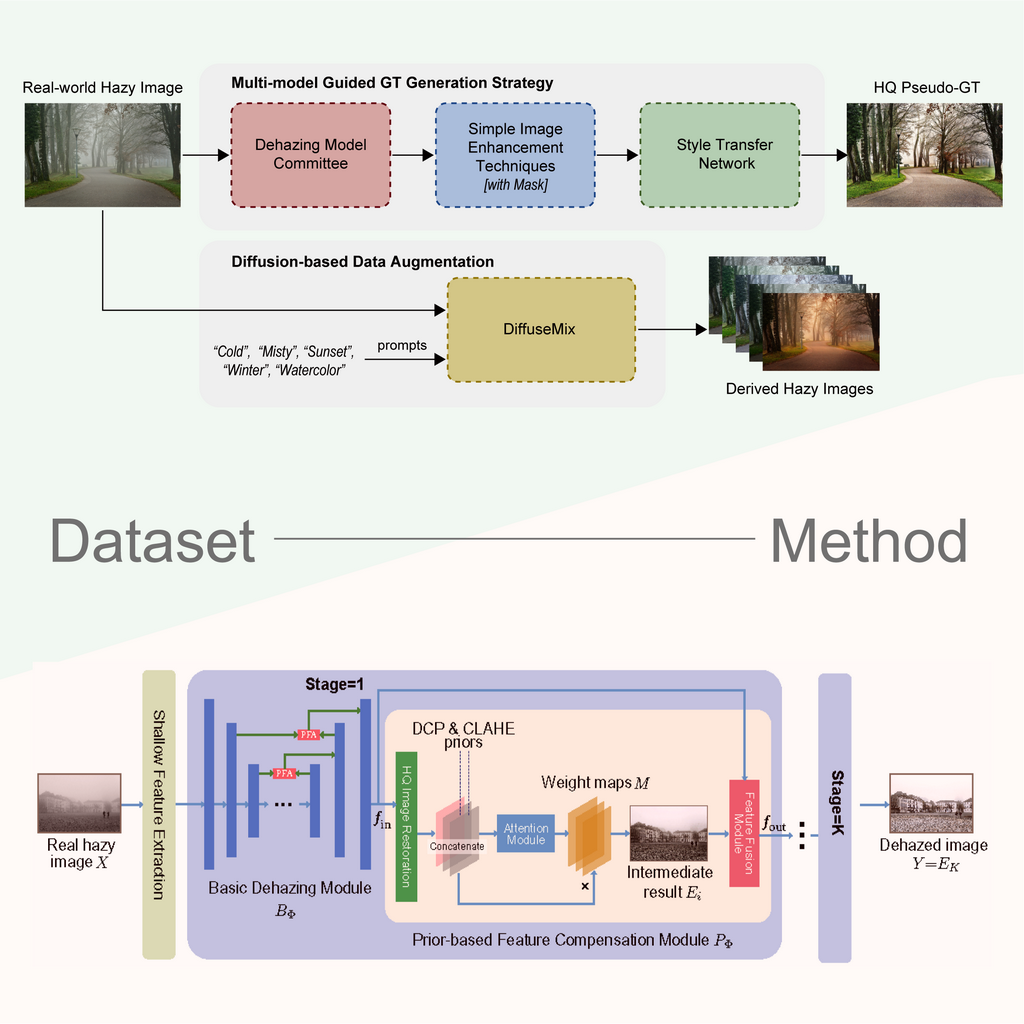
|
Revitalizing Image Dehazing in the Real World: A High-Quality Dataset and A Customized Method
Yong Liu , Qingji Dong, Chao Zhu, Yu Guo, Fei Wang CVMJ, 2025 paper / bibtex / code We propose a real-world image dehazing dataset (RealHQ-HAZE) comprising collected hazy and generated haze-free image pairs, along with derived haze variations. Furthermore, we develop a real-world image dehazing network incorporating a Prior-based Feature Compensation Module (PFCM) and a MixCut Consistent Dehazing (MCCD) strategy. |
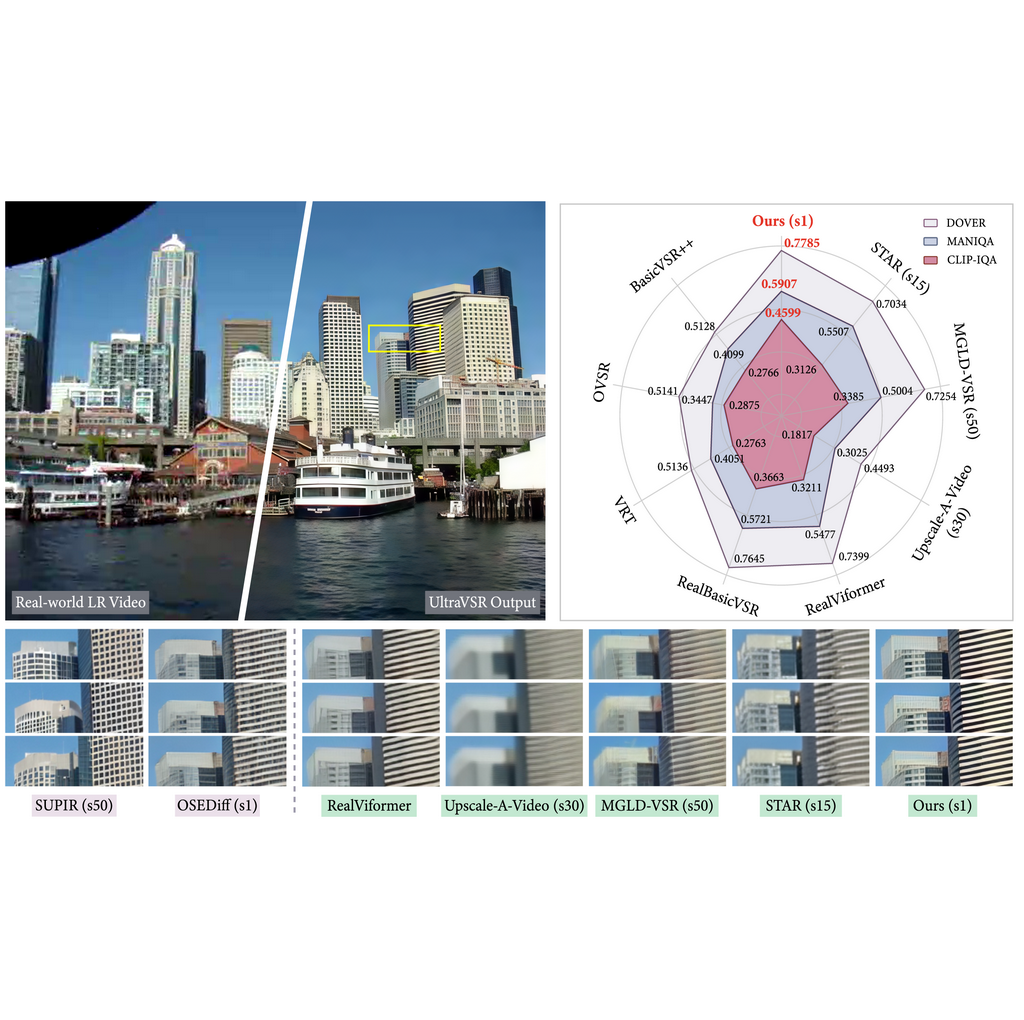
|
UltraVSR: Achieving Ultra-Realistic Video Super-Resolution with Efficient One-Step Diffusion Space
Yong Liu , Jinshan Pan, Yinchuan Li, Qingji Dong, Chao Zhu, Yu Guo, Fei Wang ACMMM, 2025 paper / arXiv / bibtex / poster / code We propose UltraVSR, a one-step diffusion-based framework for ultra-realistic and temporally coherent video super-resolution. It leverages a degradation-aware restoration schedule (DRS) for fast reconstruction, a recurrent temporal shift (RTS) module for efficient temporal modeling without explicit temporal layers, spatio-temporal joint distillation (SJD) to enhance temporal coherence while preserving fine details, and a temporally asynchronous inference (TAI) strategy to model long-range dependencies under limited memory. |
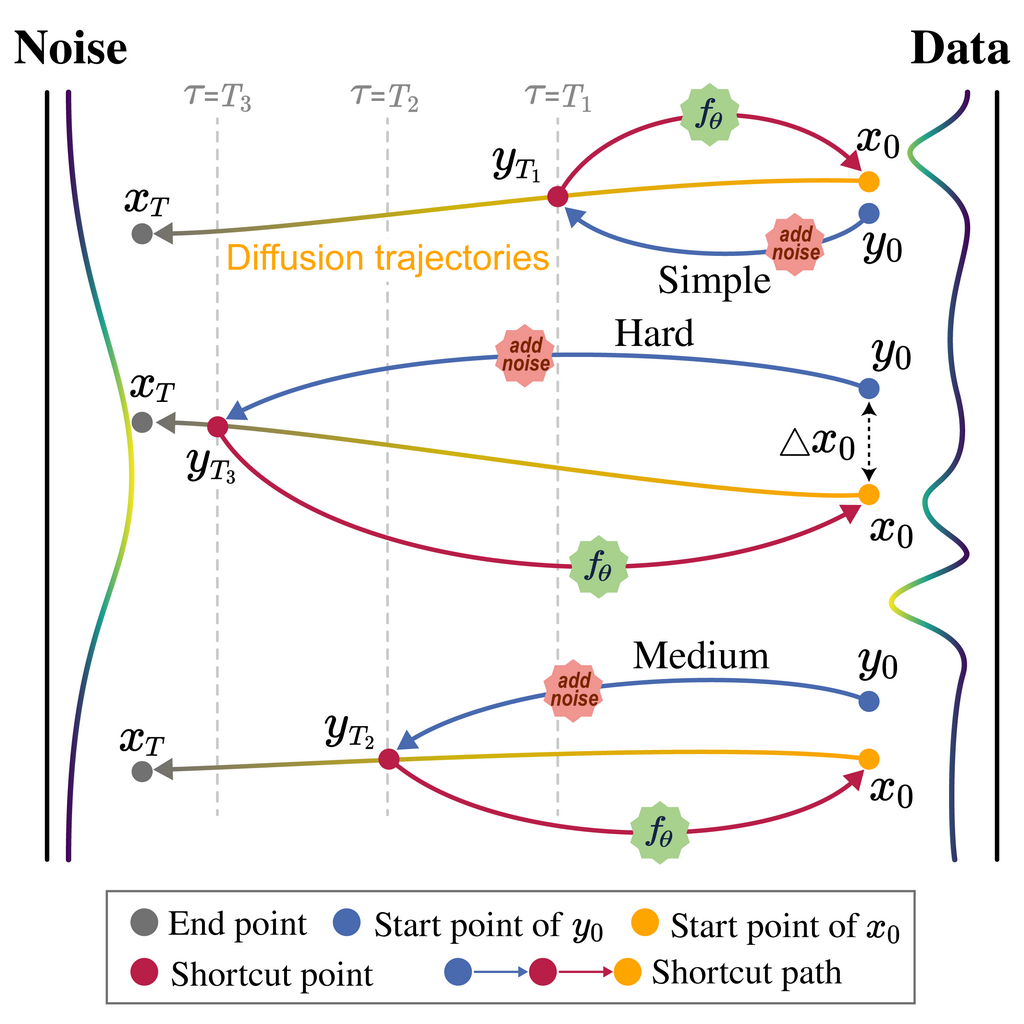
|
PatchScaler: An Efficient Patch-Independent Diffusion Model for Image Super-Resolution
Yong Liu , Hang Dong, Jinshan Pan, Qingji Dong, Kai Chen, Rongxiang Zhang, Lean Fu, Fei Wang. ICCV, 2025 paper / arXiv / bibtex / poster / code We propose PatchScaler, an efficient patch-independent diffusion pipeline for single image super-resolution. PatchScaler introduces a Patch-adaptive Group Sampling (PGS) strategy that groups feature patches by quantifying their reconstruction difficulty and establishes shortcut paths with different sampling configurations for each group. In addition, we propose a texture prompt that provides rich texture conditional information to the diffusion model. |
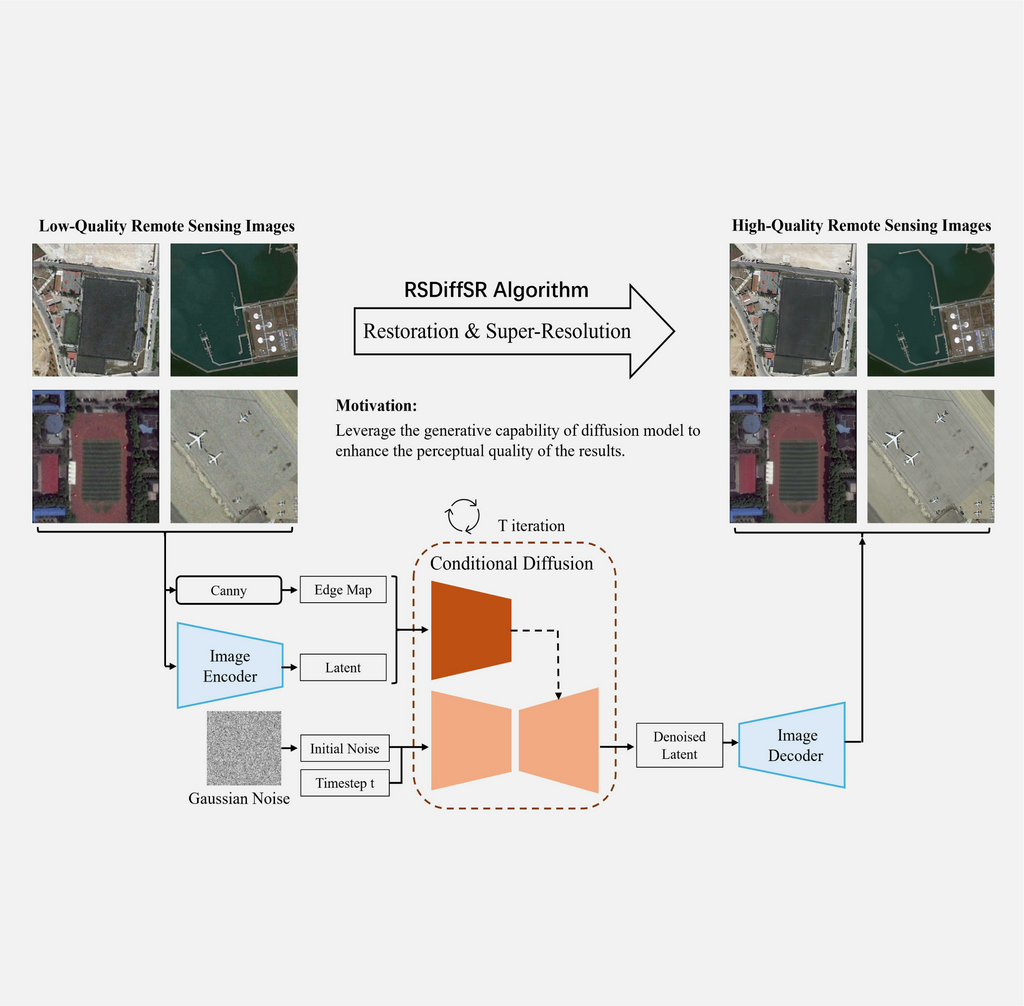
|
Taming a Diffusion Model to Revitalize Remote Sensing Image Super-Resolution
Chao Zhu, Yong Liu , Shan Huang, Fei Wang Remote Sensing, 2025 paper / bibtex We introduce RSDiffSR, a conditional diffusion-based framework for remote sensing image super-resolution. It enhances visual quality using a large diffusion model as a generative prior, bridges domain gaps via low-rank adaptation and multi-stage training, and incorporates an enhanced control mechanism to guide content and edge restoration during diffusion. |
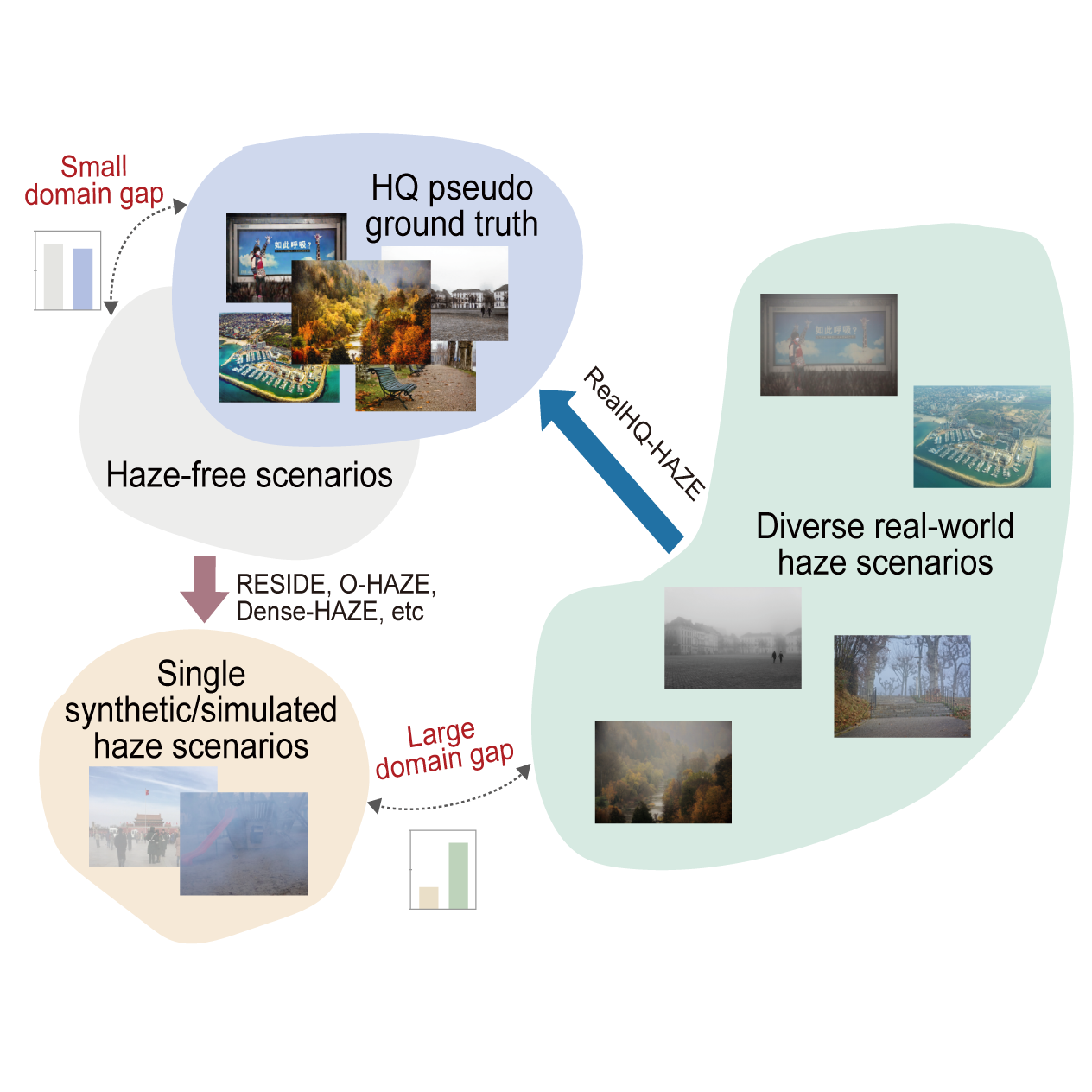
|
Towards Real-world Image Dehazing: A Tailored Dehazing Method and A High-Quality Dataset
Yong Liu , Qingji Dong, Chao Zhu, Yu Guo, Fei Wang CVM, 2025 paper / bibtex We introduce RealHQ-HAZE, a new dataset with 200 collected real-world hazy images, corresponding 200 carefully rendered haze-free images, and additional 1000 varicolored hazy images transferred from the collected images. Further, we propose a Prior-compensated Multi-stage Dehazing Network (PMDN), which can learn different levels of real-world haze distribution through multi-stage progressive learning. |
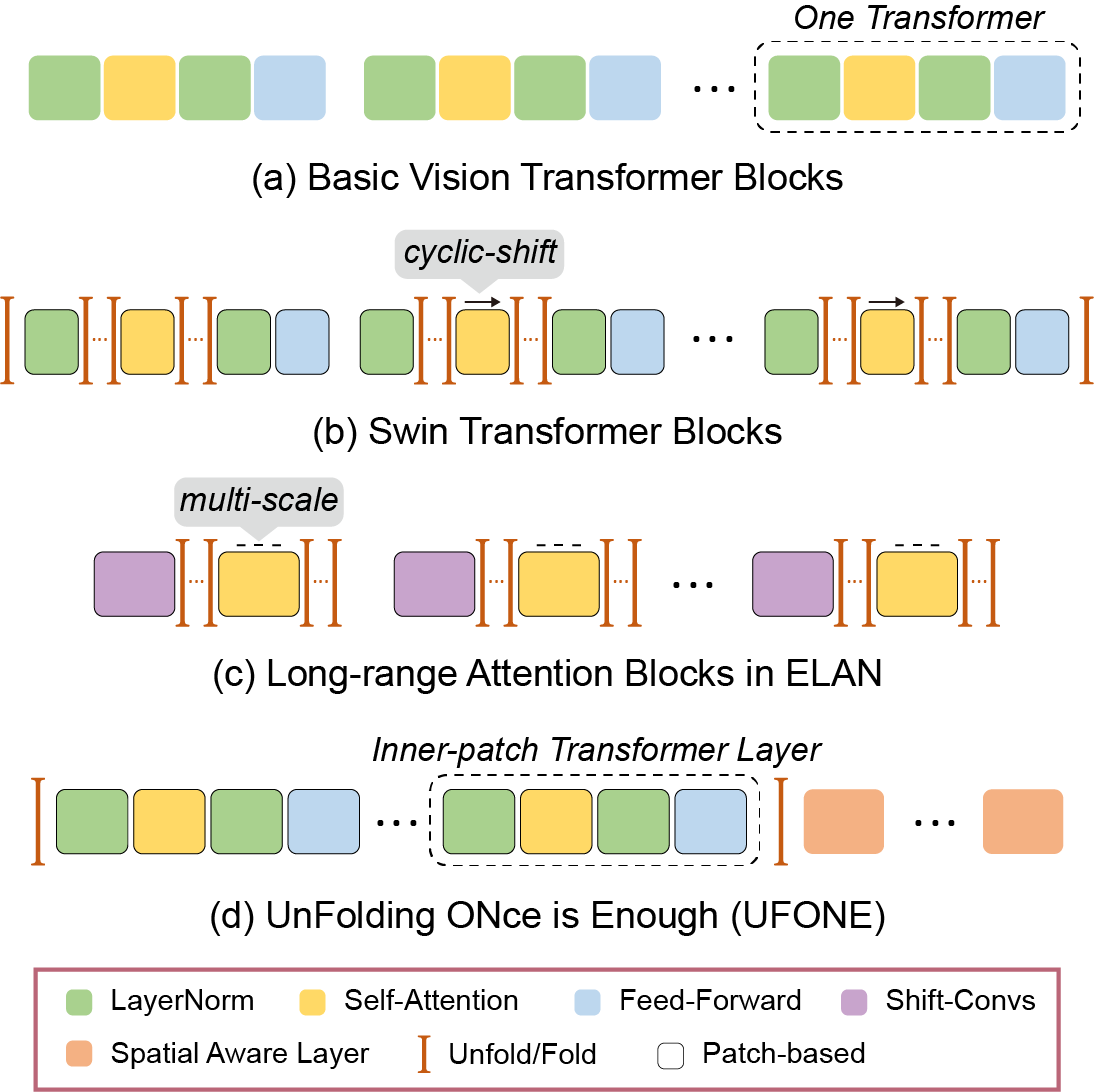
|
Unfolding Once is Enough: A Deployment-Friendly Transformer Unit for Super-Resolution
Yong Liu , Hang Dong, Boyang Liang, Songwei Liu, Qingji Dong, Kai Chen, Fangmin Chen, Lean Fu, Fei Wang ACMMM, 2023 paper / bibtex / poster / code We propose a deployment-friendly transformer unit namely UFONE (i.e., UnFolding ONce is Enough) and a Deployment-friendly Inner-patch Transformer Network (DITN) for the SISR task, which can achieve favorable performance with low latency and memory usage on both training and deployment platforms. Furthermore, to further boost the deployment efficiency, we provide an efficient substitution for layer normalization and propose a fusion optimization strategy for specific operators. |
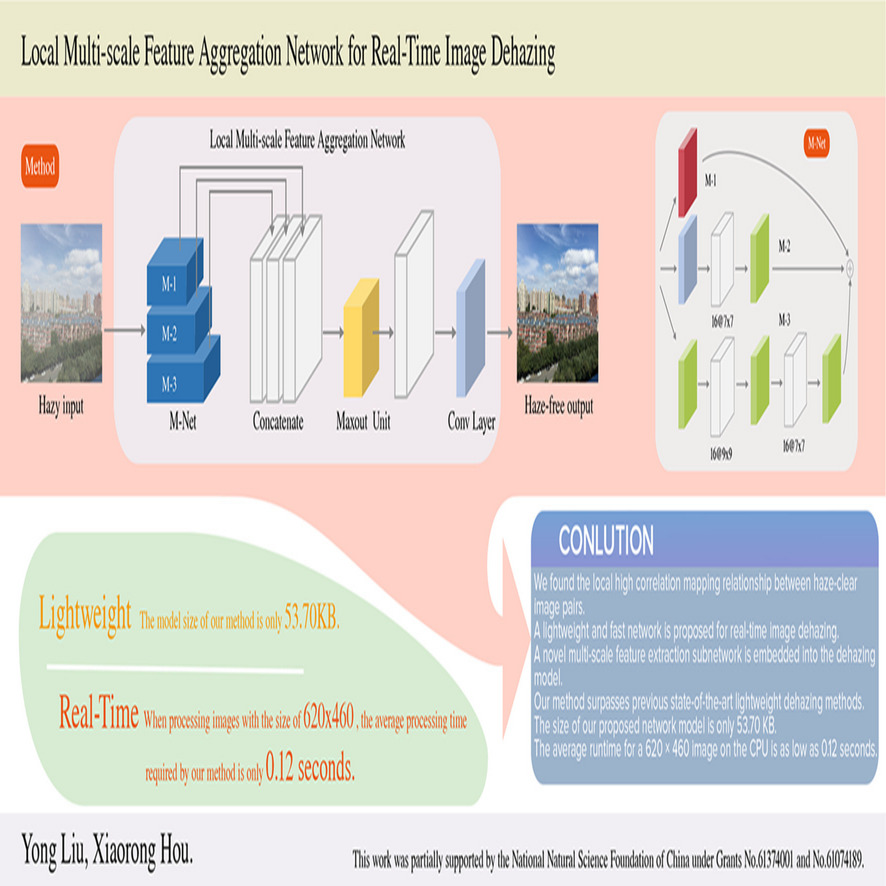
|
Local Multi-scale Feature Aggregation Network for Real-time Image Dehazing
Yong Liu , Xiaorong Hou Pattern Recognition, 2023 paper / bibtex We propose a local multi-scale feature aggregation network, called LMFA-Net, which has a lightweight model structure and can be used for real-time dehazing. By learning the local mapping relationship between the clean value of a haze image at a certain point and its surrounding local region, LMFA-Net can directly restore the final haze-free image. |
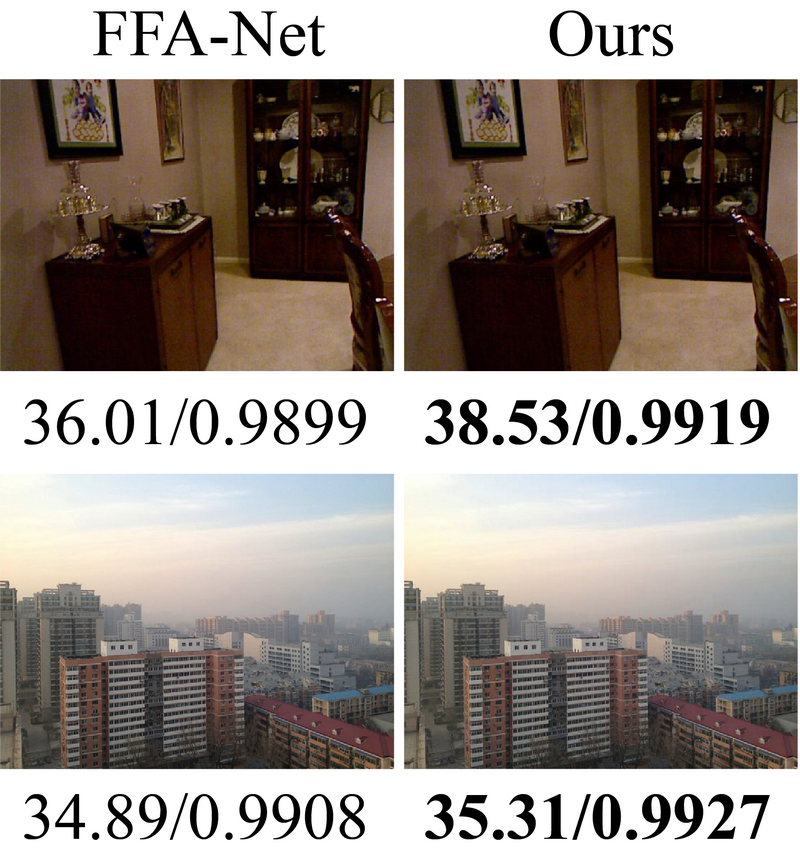
|
Cross-channel Fusion Image Dehazing Network with Feature Attention
Yong Liu , Xiaorong Hou IEEE 21st International Conference on Communication Technology (ICCT), 2021 paper / bibtex We propose a cross-channel fusion image dehazing network with feature attention (CFDN), which directly restores the final clear image from the hazy input. The network design is motivated by three strategies, namely cross-channel fusion, feature attention mechanism, and local residual learning. We show that they are effective for image dehazing problem. |
|
Welcome to Yong Liu's public academic website. |